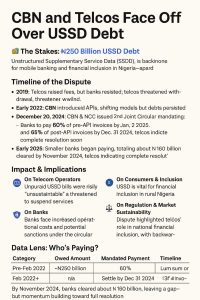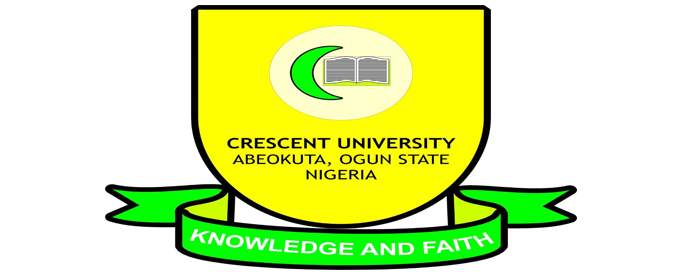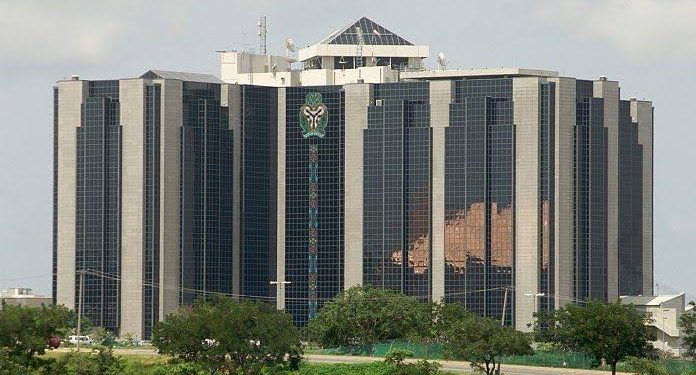The ongoing standoff between Nigerian banks and telecommunications companies over USSD transaction fees has become more than just a corporate disagreement, it’s now a pressing challenge for the country’s financial inclusion goals. At the heart of the conflict lies a fundamental disconnect: telecom operators want fair compensation for providing the USSD infrastructure that powers mobile banking, while banks argue that the costs should not rest solely on their shoulders. Meanwhile, millions of Nigerians who rely on this service for basic financial transactions are caught in the middle.
For many Nigerians, especially those in rural and underserved communities, USSD banking is not just a convenience, it’s often the only way to access financial services. The simple, text-based system works on even the most basic mobile phones, requiring no internet connection. But as banks and telcos continue their dispute over who should pay for the service, users are experiencing increasing failures and disruptions.
Market traders, farmers, and small business owners report losing sales when transactions fail. POS operators see their earnings drop as customers avoid USSD transfers. The very people who were supposed to benefit most from Nigeria’s cashless economy are now being left behind.

Regulatory Shortcomings on the Crisis
The Central Bank of Nigeria (CBN) and the Nigerian Communications Commission (NCC) have attempted to mediate, but their efforts have been inconsistent at best. Early directives placed the burden of USSD costs on banks, but enforcement was weak. More recent moves to shift the cost to end-users—through airtime deductions—risk pricing out low-income Nigerians who can’t afford the additional charges.
Part of the problem lies in the lack of a transparent, automated system for tracking and reconciling USSD transactions between banks and telcos. Disputes over which transactions should be billed, and at what rate, have led to ballooning unpaid fees and deteriorating service quality.
The Human Impact of Corporate Disputes
While banks and telcos debate percentages and billing models, ordinary Nigerians bear the brunt of their indecision. Rural communities, where smartphone penetration and internet access remain low, are particularly vulnerable. When USSD services fail, people are forced to travel long distances to access cash or agent banking services—incurring additional costs and losing valuable time.
Small businesses, which have come to rely on USSD for payments and supplier transactions, face cash flow disruptions that threaten their survival. The uncertainty surrounding USSD’s future is also stifling innovation, as fintech startups hesitate to build services around a potentially unstable platform.
A Way Forward
Resolving this crisis requires more than temporary fixes or one-sided solutions. A sustainable approach must consider:
- Shared Responsibility
Banks and telcos need to move beyond their current stalemate and develop a fair, transparent cost-sharing model. This could involve splitting fees based on transaction value or implementing tiered pricing that protects low-income users. - Stronger Regulatory Oversight
The CBN and NCC must establish clear, enforceable rules for USSD pricing and service standards. Treating USSD as critical financial infrastructure—with mandated maintenance and upgrades—could prevent future disruptions. - Consumer Protection
Any move to end-user billing must include safeguards for vulnerable populations. Waivers for small transactions and strict pricing transparency could help maintain access for those who need it most.
Nigeria’s USSD dispute goes beyond a mere billing quarrel, but a test of the country’s commitment to inclusive finance. Without urgent action, the progress made in bringing millions into the formal financial system could unravel. Banks, telcos, and regulators must prioritize the needs of ordinary Nigerians over corporate interests. The future of financial inclusion depends on it.
373 total views, 2 views today



